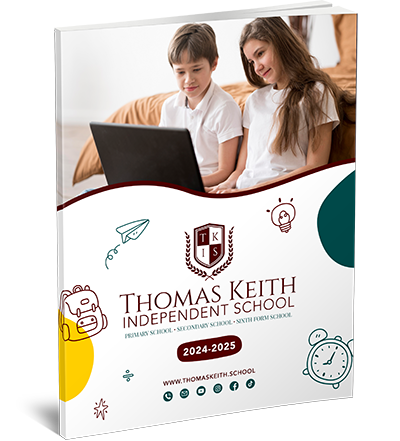Transfer and Transition for Gifted and Talented Learners
Transition from Key Stage 3 to 4 (14 to 19 Learning)
Effective planning for gifted and talented learners during key stage 3 can enhance their transition into 14 to 19 learning. Assessment data from the end of key stage 3, along with additional tools like cognitive ability tests (CATs), can help in identifying talents and adjusting educational pathways accordingly. This period also offers diverse learning options, enabling students to exhibit various gifts and talents.
With increasing curriculum flexibility and partnerships, students face intricate decisions about courses for year 10 and their longer-term goals. Early exposure to various learning and assessment methods assists gifted and talented students in making informed decisions.
Examples:
- Exposure to Higher Education: A partnership between schools and colleges introduced a ‘Get your eye on HE’ course. This initiative allowed year 9 students to explore a range of advanced courses and university-level subjects.
- GVNQ Taster Course: Students engage in a ten-week GNVQ taster course to challenge themselves in a practical environment, fostering independent research and innovation.
- Specialized Learning Modules: In year 9, certain schools offer students an opportunity to delve deep into their areas of interest. These modules enable students to either fast-track their learning or spend more time on subjects of interest.
Developing skills becomes a priority in year 9, with a focus on helping gifted and talented students recognize and hone their abilities.
Transition from Key Stage 4 to 5 (14 to 19)
Age 16 remains a crucial transition point for most students as they conclude courses, undertake qualifications, and make future academic decisions. Again, experience in the 14 to 16 range regarding diverse learning opportunities aids in extending student learning capabilities and supports their independent decision-making process.
Examples:
- Exploring New GCSEs: Schools introduce new GCSEs, wherein students get a taste of higher-level learning experiences in association with colleges and universities.
- Shadowing Advanced Level Students: Year 11 students from different schools have the chance to shadow advanced level students, offering insights into different courses and institutions.
Gifted and talented students, in particular, may navigate through their courses at a quicker pace, achieving qualifications earlier and progressing to advanced-level courses.
Transition to Post-19 Learning
Many talented students progress to higher education after 19. To prepare, many sixth forms and colleges establish partnerships with universities. These relationships help students get a feel for university life and the expectations and demands of tertiary education.
Examples:
- Life and Work in HE: Collaborating with a higher education institution, students get insights into life and work in a university setting.
- Subject-Specific Workshops: Students intending to pursue specific subjects in higher education participate in workshops to understand the subject and its current research trends.
Additionally, students with vocational talents might opt for higher education courses, which include work placements or advanced vocational courses. Collaborative programs with employers can help facilitate a smooth transition for these students.
In essence, transition at various educational levels for gifted and talented learners necessitates a well-structured plan and collaborative approach, ensuring these students are sufficiently challenged and adequately prepared for their future.




